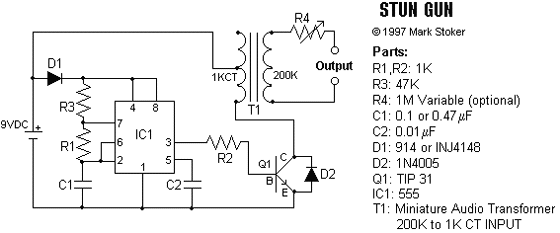HiTech
Well-Known Member
Lots of studies have been done regarding bullet coatings and barrel treatments. Either they are way to expensive for the avg. gun owner, don't last for long under the heat of firing, or diminish barrel life. Molybdenum is the best choice for bullet coatings but once a new barrel has seen it, the shooter should continue using it since on a molecular scale, the particles fuse to the barrel steel. There's alot more science to it than what I present here. There are dry lubricants applied to bullets as well. Barrel fouling is the most prevalent concern and that could affect shot accuracy. Here's a little snip about various bullet types as well as the special procedures for cleaning barrels that fire moly-coated bullets. So the diea of highly reduced friction between barrel and slug is not as desirable as you would think. I remember reading about some theory where if an astronaut were to fire a pistol downward on the moon, he'd sail into orbit.... that is if he doesn't shoot off his foot first, puncturing his pressurized suit!!
**broken link removed**
If you were to take a proper sized slug and push it into a rifled barrel, you'd be amazed at what force is needed to manually push it through against the rifling (lands). Between the specific amount of friction necessary to rotate a bullet so it can maintain long range flight accuracy along with hot gases from the charge, barrels become hot very quickly and avg. quality ones will change the POI (point of impact). Good match grade barrels reduce these effects. Military grade barrels can withstand tens of thousands of shots before they wear out. Very high-grade sniper barrels have short lifespans in trade for extreme accuracy where only a few shots would be fired at a time... if that. Remember their motto: "one shot, one kill".
**broken link removed**
If you were to take a proper sized slug and push it into a rifled barrel, you'd be amazed at what force is needed to manually push it through against the rifling (lands). Between the specific amount of friction necessary to rotate a bullet so it can maintain long range flight accuracy along with hot gases from the charge, barrels become hot very quickly and avg. quality ones will change the POI (point of impact). Good match grade barrels reduce these effects. Military grade barrels can withstand tens of thousands of shots before they wear out. Very high-grade sniper barrels have short lifespans in trade for extreme accuracy where only a few shots would be fired at a time... if that. Remember their motto: "one shot, one kill".
Last edited:



